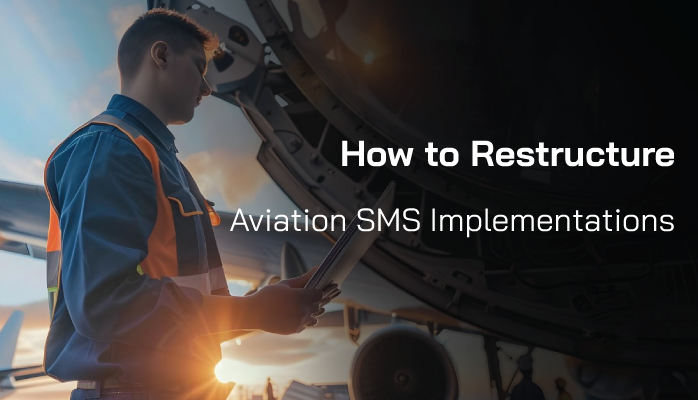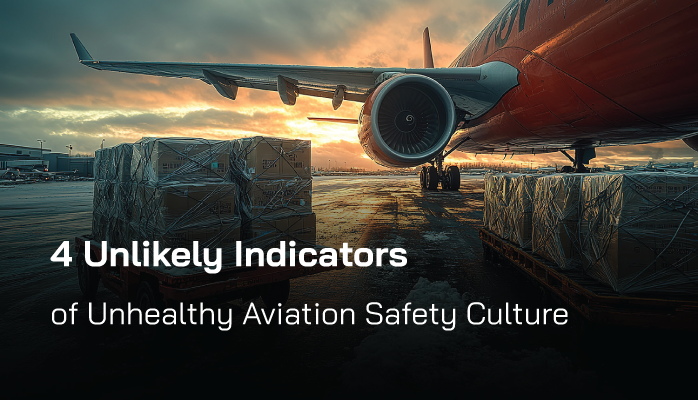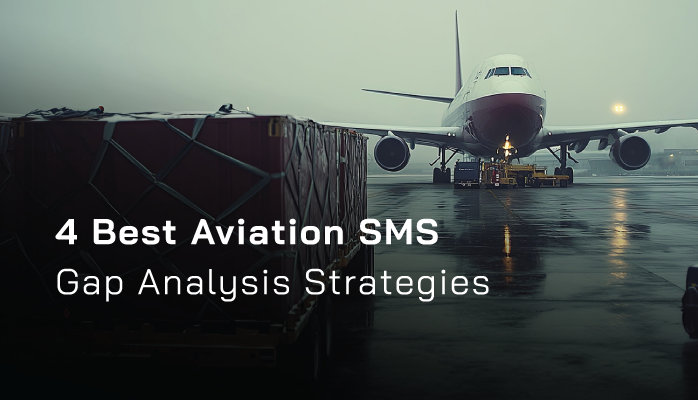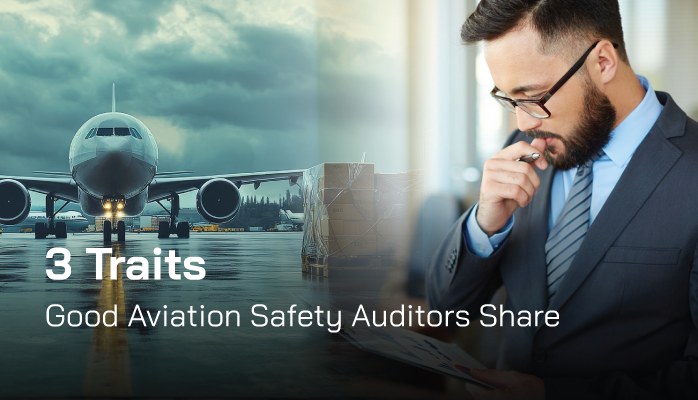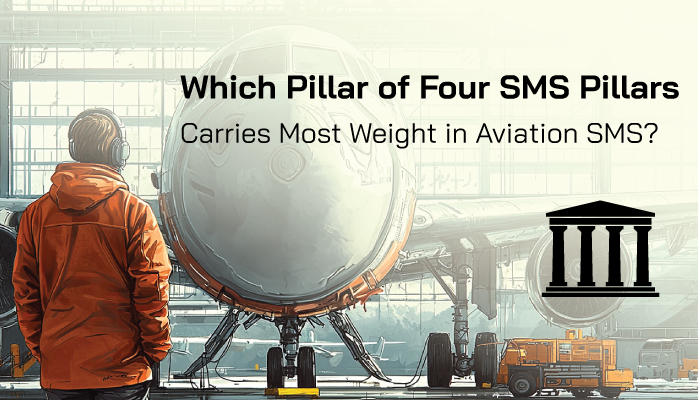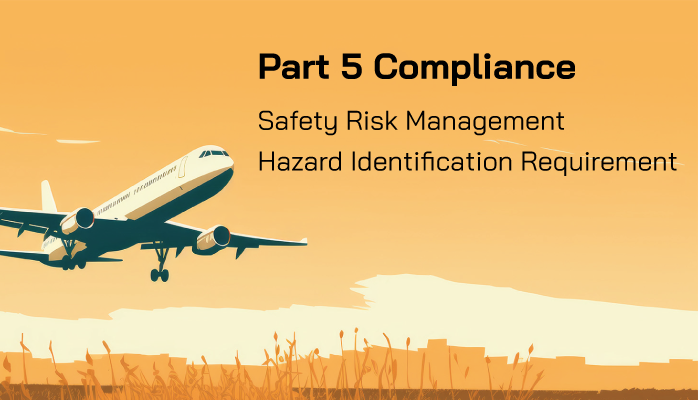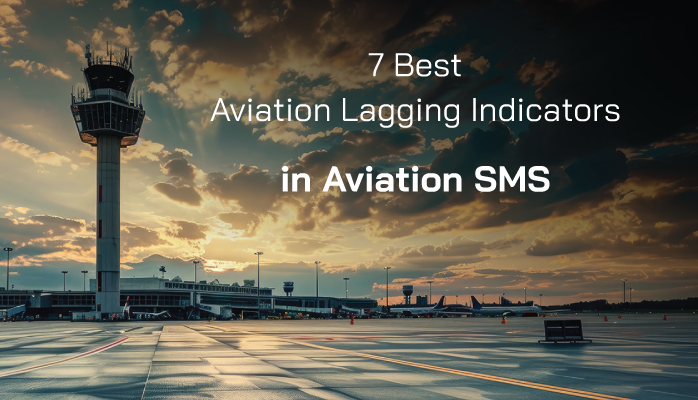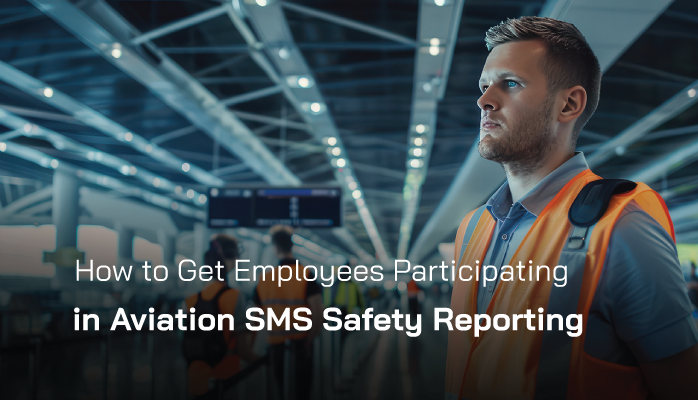Tyler Britton
350,000 words and counting on safety risk management concepts, guidance, tools, and best practices.
What Does It Mean to Restructure Aviation SMS Implementations
Occasionally aviation safety managers will want to do a turn and pivot with the direction of their aviation safety management system (SMS) implementation. What this looks like is restructuring.
When safety managers decide to restructure an aviation SMS implementation, it means changing and updating the bureaucratic structure of the SMS and possibly some of the SMS' documented risk management processes.
Read More
Topics:
3-Safety Assurance
The Obvious Reasons
We are generally aware of the more straightforward indicators of unhealthy aviation safety management systems (SMS).
Things like:
Read More
Topics:
3-Safety Assurance
The Real Purpose of Gap Analysis
A true aviation SMS implementation takes years and a lot of hard work to effect lasting change. SMS implementations can take considerably longer due to:
- Poor gap analyses;
- Ineffective procedures;
- Unstable safety management teams;
Read More
Topics:
3-Safety Assurance
Safety Auditors Are a Rare Breed of Personality Traits
Good aviation safety auditors play a vital role in the ability of an aviation safety management system (SMS) to identify
- substandard safety performance; and
- ways in which the SMS can improve.
Read More
Topics:
3-Safety Assurance
All Four Pillars Are Not Created Equal
Aviation safety professionals know that the four pillars of safety management systems are the foundational idea upon which aviation safety management systems (SMS) are based.
Read More
Topics:
2-Safety Risk Management
FAA’s Safety Risk Management (SRM) Process and Hazard Identification Element
The Federal Aviation Administration’s (FAA) SRM compliance requirement for hazard identification controls every U.S. aviation service provider required to implement formal aviation safety management systems (SMS). These SRM requirements indirectly affect these operators' safety culture and risk management processes whether they like it or not.
Read More
Topics:
2-Safety Risk Management,
FAA Compliance
A Hot Word in Aviation SMS?
As airlines and the aviation industry, in general, continue to eclipse safety records year by year, a nagging question begins to crop up with increasing vigor:
To what end?
Read More
Topics:
2-Safety Risk Management
What Are Lagging Indicators in Aviation SMS?
Lagging indicators are an essential element of system performance monitoring in aviation safety management systems (SMS). Safety professionals and accountable executives should become familiar with lagging indicators as these managers are responsible for
Read More
Topics:
Key Performance Indicators
A Reporting Culture Is a Just Culture
Workers’ participation in aviation safety management systems (SMS) comes down to one word: reporting.
When workers are reporting, it demonstrates three things:
Read More
Topics:
4-Safety Promotion
How to Prove Your Aviation SMS Is Working
Proving to stakeholders that your aviation safety management system is working is simply a matter of showing that the primary goal of SMS is being achieved - namely, that:
- Operational environment is safer; and
Read More
Topics:
3-Safety Assurance
